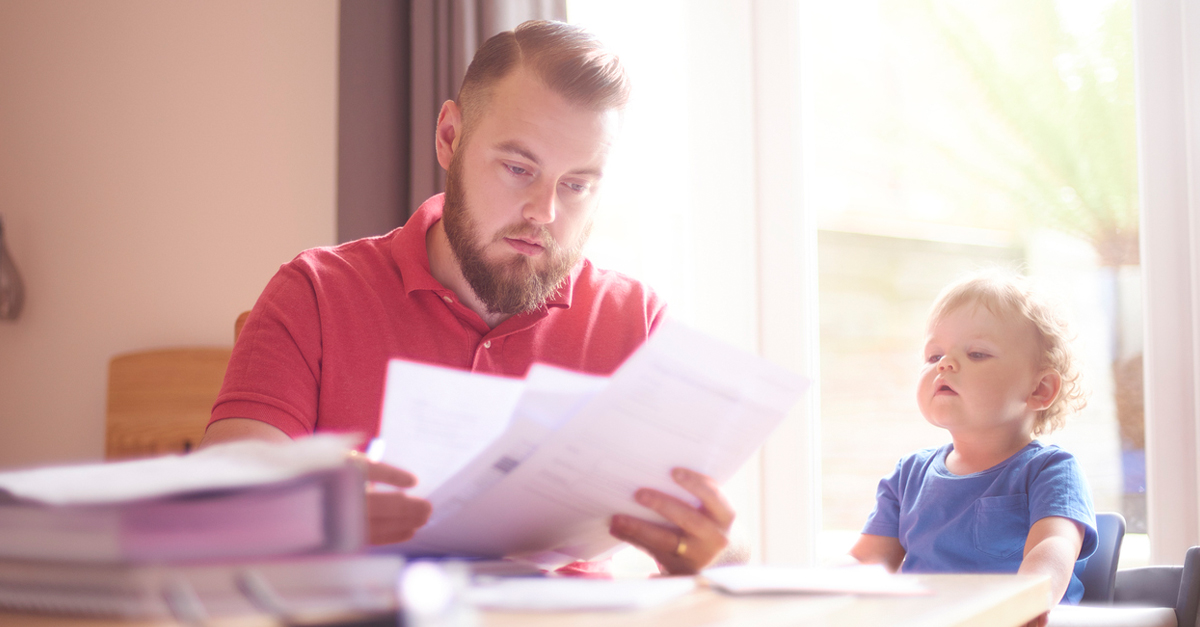
You’ve filed your tax returns, or maybe not, but you can’t pay your taxes to the Canada Revenue Agency. What do you do next? What are your options if you owe past taxes in Canada?
Table of Contents
How to find out how much you owe the CRA
The first step in determining how much you owe CRA is to file back tax returns. Filing late will increase your tax debt, making it harder to deal with. The deadline for filing personal income tax returns in Canada is April 30. If you have self-employment income you have until June 15 to file your taxes. The penalty for filing a tax return late is 5% of the balance owing, plus 1% for each full month your return is late, to a maximum of 12 months.
That sounds simple, but many people are afraid to file their income tax return because they expect a big tax liability. However, you cannot proceed with any solution for unpaid taxes until you know how much CRA taxes you owe. Not filing at all is not an option as the CRA will not deal with you if you have outstanding unfiled tax returns.
Once your return is filed for each tax year, CRA will issue a Notice of Assessment confirming your taxes for the years filed. They will add any penalties and interest. If you owe taxes a letter will ask you to either arrange payment or contact the CRA.
To find out how much you owe, we recommend registering for an online CRA account.
- Log into your CRA MyAccount (always to directly online, never through any website or email link to ensure you are not being directed to a CRA scam).
- Click on the Accounts and Payments tab.
- Next, click on Account Balance and Statement of Account.
- Your account balance should appear.
Can you afford tax installment payments?
Your next step is to determine if you can afford to repay your past taxes on your own and if so, to arrange a tax repayment plan. CRA will make payment arrangements if you can repay your total taxes within one year. If you’ve been working with a CRA collection officer, be honest with them about your situation. Propose a tax installment plan that is both fair and affordable.
If you owe substantial penalties & interest, but can afford to repay the underlying tax debt, you can work with a tax lawyer to negotiate a reduction in penalties and interest. However, CRA will not negotiate a private tax settlement either directly with the tax payer or through a tax lawyer in Canada that does not see the total taxes owing paid in full.
CRA may request faster payment. You can consider taking out a loan to pay CRA, however, this will depend on your credit capacity and credit score.
Once you have a deal you can make your payments online but be sure you make all agreed upon payments in full and on time.
What are my options if I can’t pay back taxes owing to CRA?
It is not a good idea to ignore CRA collection attempts. CRA has very strong collection powers under the Income Tax Act and the Excise Tax Act to pursue CRA tax owing including the ability to issue a CRA wage garnishment, seize money from your bank account or put a tax lien on your home or other real estate. They do not need a court order to take any of these actions. Owing a high tax debt can also impact your credit score.
Learn More: CRA Can Freeze Your Bank Account. Here’s What To Do About It.
If your CRA debt is large, you need to act fast to avoid these financially draining CRA collection activities. If you’ve reached the stage where you can’t afford to repay old outstanding taxes, then you have two options available to you in Canada for tax debt forgiveness. It is important to know that these options are only available through a Licensed Insolvency Trustee in Canada. No other tax professional can help you avoid paying back taxes you legitimately owe. Only an LIT has programs designed to eliminate tax income tax debt or source deductions.
You can file a consumer proposal to negotiate with the CRA to repay what you can afford. Any other debts you owe will also be included in the proposal. A proposal is accepted when more than half of your creditors, based on the dollar amount you owe, vote in favour of your offer. If the CRA is your largest creditor, they will need to be onside with any offer you propose.
Tax debts are also eliminated through a bankruptcy in Canada, just like any other creditor debts.
As soon as you file either a bankruptcy or consumer proposal, any wage garnishments stop, your accounts will be unfrozen and CRA can no longer place a lien on your home. If a lien has already been registered however a consumer proposal cannot remove the lien which is why you should act quickly if you know you can’t pay back your taxes.
If you have significant back taxes owing to CRA, contact a Licensed Insolvency Trustee to talk about how a consumer proposal or bankruptcy can help you eliminate your tax obligations. It is important to contact us as early as possible, so you have the maximum options available to you.






